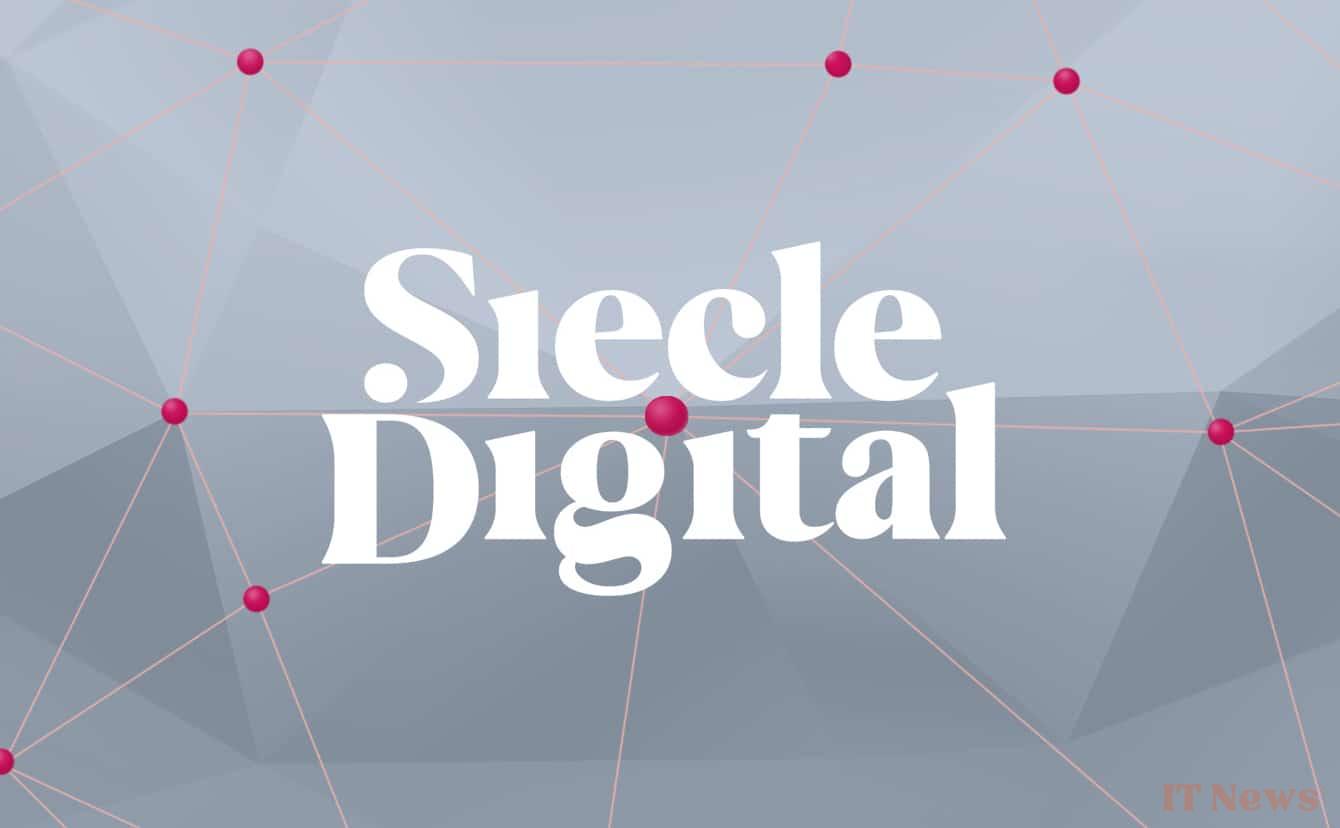Founded in 2023 by Daniel Nadler, OpenEvidence has set itself a clear goal: to provide doctors with reliable and rigorous artificial intelligence, trained only on peer-reviewed medical sources. An approach that contrasts with traditional AI models often criticized for their lack of precision in the health field.
Its tool, already used by 25% of doctors in the United States, is based on a collaboration with the prestigious New England Journal of Medicine. A guarantee of seriousness that allows the platform to offer precise and referenced answers, where other AIs can hallucinate erroneous information.
A model that avoids AI drifts
One of the main strengths of OpenEvidence lies in its training on strictly selected medical databases. Unlike some AIs that draw their knowledge from the web, with all the risks that this implies, this platform operates in a closed circuit, only powered by validated studies.
This methodology considerably limits interpretation errors and biases, making the tool more reliable for use in consultation. Doctors can thus question the AI in real time, which accelerates decision-making and reduces the risk of medical errors.
Viral adoption without a marketing campaign
Another unique feature: OpenEvidence has established itself in medical practices without massive advertising. Word of mouth was enough. Practitioners who discover the tool adopt it, then recommend it to their colleagues. A dynamic rarely observed for a B2B solution, even less so in a field as regulated as health.
This spontaneous craze allows the startup to avoid heavy advertising investments and to focus on improving its technology. With this new fundraising, it intends to strengthen its AI capabilities and expand its network of scientific partners to broaden its medical knowledge base.
AI to support, not replace, doctors
While OpenEvidence's growth is dazzling, its ambition is not to replace practitioners, but to support them in the face of the challenges of the profession. In the United States, the predicted shortage of 100,000 doctors by 2030 makes it crucial to develop technologies capable of optimizing their workload.
The startup is therefore banking on an assistive AI: a medical co-pilot that would reduce the time spent searching for information and improve the quality of care by making access to knowledge faster and more precise.
A business model based on free access… and advertising
Another bold bet: OpenEvidence is free for doctors, its financing based on an advertising model. A strategy that facilitates its rapid adoption, but which also raises questions about future monetization. If the tool becomes an essential standard, the startup will have to find a balance between profitability and ethics to avoid any commercial drift.



0 Comments